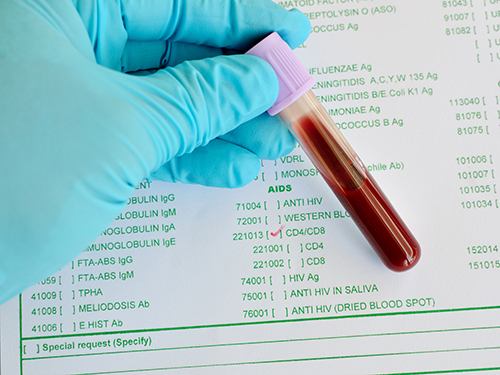 New research published in the journal Cell Reports reveals just how powerful dietary antioxidants are in slowing down age-related damage to the immune system.
New research published in the journal Cell Reports reveals just how powerful dietary antioxidants are in slowing down age-related damage to the immune system.
Researchers focused on the thymus organ, which is what produces T lymphocytes (also known as T cells)—these are the white blood cells responsible for controlling immune response in the body. T cells are continuously lost from the body and it’s the thymus’ job to replenish them so that they’re able to respond more effectively to new infections. As you age, the thymus shrinks and weakens, which inhibits its ability to continue producing these T cells.
In this study, however, observations in mice showed that the antioxidant enzyme catalase was deficient, which in turn led to a faster rate of damage to certain thymus cells. For the next part of the study, researchers increased the level of catalase in genetically-modified animal subjects and found that in doing so, they could maintain the thymus size for longer. They also tested the use of more common dietary antioxidants, like vitamin C, which also helped to preserve the thalamus’ size over a longer period of time.
The study sheds some light on why the thymus shrinks so much faster than other tissues in the body—the shrinking process may be accelerated by a catalase deficiency. Study authors point out that although they were able to use antioxidants to maintain the size of the thymus for longer, it didn’t entirely prevent deterioration from eventually happening. Unfortunately, there currently is no way to completely stop the damage that accumulates over time.
Sources for Today’s Article:
Griffith, A.V., “Metabolic Damage and Premature Thymus Aging Caused by Stromal Catalase Deficiency,” Cell Reports 2015; doi: 10.1016/j.celrep.2015.07.008.
McIntosh, J., “Age-related immune system decline slowed by antioxidants,” Medical News Today web site, August 7, 2015; http://www.medicalnewstoday.com/articles/297773.php.
